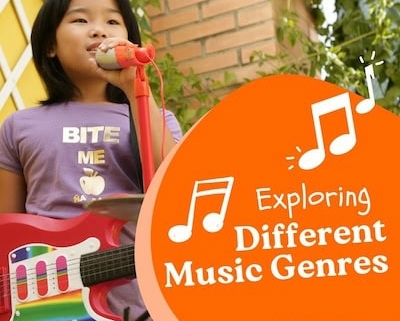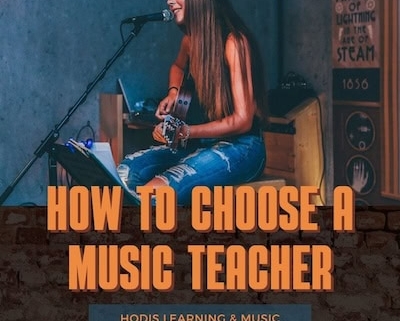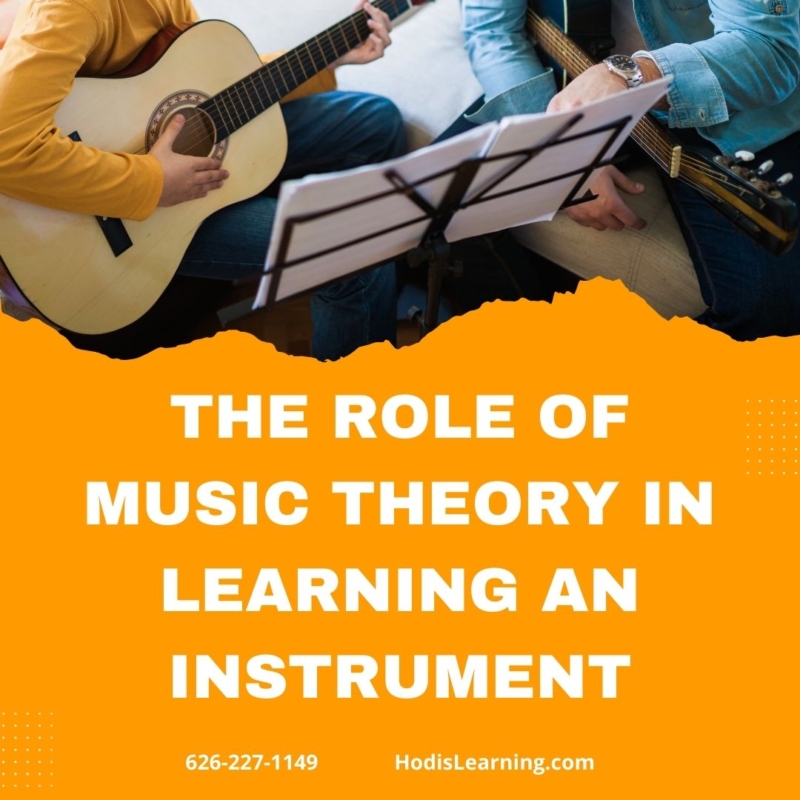Music is a universal language that connects people across cultures, emotions, and experiences. With countless genres available, understanding the diversity of music can help students and enthusiasts develop a well-rounded appreciation for different styles, techniques, and histories. Whether you’re just starting your musical journey or looking to expand your knowledge, exploring different music genres is an exciting way to enhance your skills and creativity.
Classical Music: The Foundation of Musical Theory
Classical music dates back to the medieval and baroque periods, with legendary composers such as Mozart, Beethoven, and Bach shaping the foundation of Western music. Known for its structured compositions, classical music emphasizes orchestration, harmony, and technical precision. Learning classical music can strengthen a musician’s understanding of music theory, sight-reading, and instrumental proficiency.
Jazz: Improvisation and Expression
Originating in the early 20th century, jazz is a genre deeply rooted in improvisation, swing rhythms, and expressive melodies. Musicians such as Louis Armstrong, Duke Ellington, and Miles Davis contributed to its evolution. Jazz allows for creative freedom, making it an excellent genre for developing ear training and improvisational skills. Subgenres include bebop, smooth jazz, and fusion, each offering unique characteristics.
Rock: Energy and Rebellion
Rock music emerged in the 1950s, evolving from blues and rhythm & blues (R&B). It is characterized by electric guitar riffs, powerful vocals, and dynamic rhythms. Bands like The Beatles, Led Zeppelin, and Queen helped shape rock’s influence on popular culture. Exploring rock music can teach students about chord progressions, song structure, and stage presence, making it an exciting genre for both instrumentalists and vocalists.
Pop: The Sound of Mainstream Music
Pop music is designed to be widely appealing, incorporating catchy melodies, repetitive structures, and relatable lyrics. Artists such as Michael Jackson, Madonna, and Taylor Swift have dominated the pop scene with their innovative sounds. Studying pop music can help students understand music production, songwriting, and vocal techniques that are crucial for contemporary artists.
Hip-Hop & Rap: Rhythm and Storytelling
Hip-hop originated in the Bronx in the 1970s, emphasizing rhythm, beats, and lyrical storytelling. Artists like Tupac Shakur, Jay-Z, and Kendrick Lamar use music to convey powerful messages about society, culture, and personal experiences. Exploring hip-hop and rap helps students develop rhythm, lyricism, and an understanding of music production techniques such as sampling and beat-making.
Electronic Dance Music (EDM): Innovation and Production
EDM is a broad genre encompassing house, techno, trance, and dubstep, among others. This genre relies heavily on digital production, synthesizers, and DJ techniques. Artists like Daft Punk, Avicii, and Calvin Harris have revolutionized the music scene with electronic sounds. Learning about EDM introduces students to digital audio workstations (DAWs), beat creation, and music mixing.
Country: Storytelling Through Melody
Country music has deep roots in folk traditions, often featuring acoustic instruments like guitars, banjos, and fiddles. Artists such as Johnny Cash, Dolly Parton, and Luke Combs have brought country music to mainstream audiences. This genre focuses on storytelling, vocal twang, and simple yet effective chord progressions.
Exploring Music Genres for Growth
Diving into different music genres helps students develop versatility, creativity, and technical skills. Whether you’re learning to play an instrument, sing, or produce music, understanding various styles broadens your musical perspective and fosters innovation. If you’re interested in personalized guidance, music lessons can provide valuable insights into mastering different genres, enhancing your abilities, and discovering your unique musical voice.
Learn more about the music lessons we offer at Hodis Learning & Music and call or email us today to get started!




